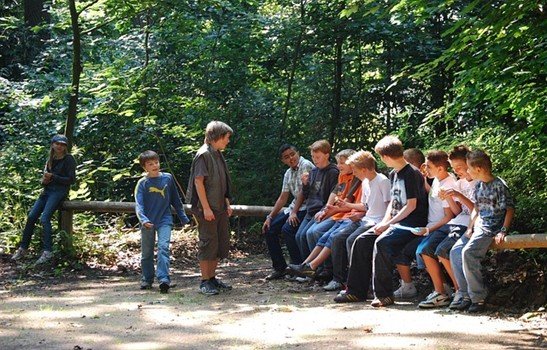In February 2024, BBC News ran a feature titled “Social Media and Teen Mental Health: A Double-Edged Sword.” The article explored how platforms like Instagram and TikTok can offer community, inspiration, and self-expression, but also contribute to anxiety, comparison, and even depression among young people. I see this duality every day—friends sharing supportive messages one moment, then feeling left out or inadequate the next.
One part of the article really resonated with me: a girl described how likes and comments could make or break her mood for the day. I’ve felt that myself, sometimes refreshing my phone too often, worrying about how I look online. At school, we’ve had workshops about digital well-being, and I helped organize a “screen-free” day for our year group. It wasn’t easy, but it made us talk more face-to-face, and I noticed people seemed more relaxed.
The BBC report concludes that we need to learn digital self-care skills, not just avoid social media altogether. I agree. As someone interested in psychology, I want to help others find balance—using social media as a tool for connection, not comparison. The article made me more aware of the choices I make every day, both online and offline.
Sophie Clarke
- United Kingdom
- Female
- Year 12 (Sixth Form), City of London School for Girls
- Intended Major: Psychology
- Role: Outreach & Social Media Lead
- Introduction:
Fascinated by how people think and connect, I love bringing communities together through dialogue. As Outreach & Social Media Lead, I’m committed to building a vibrant, supportive space where every student’s voice can shine.

